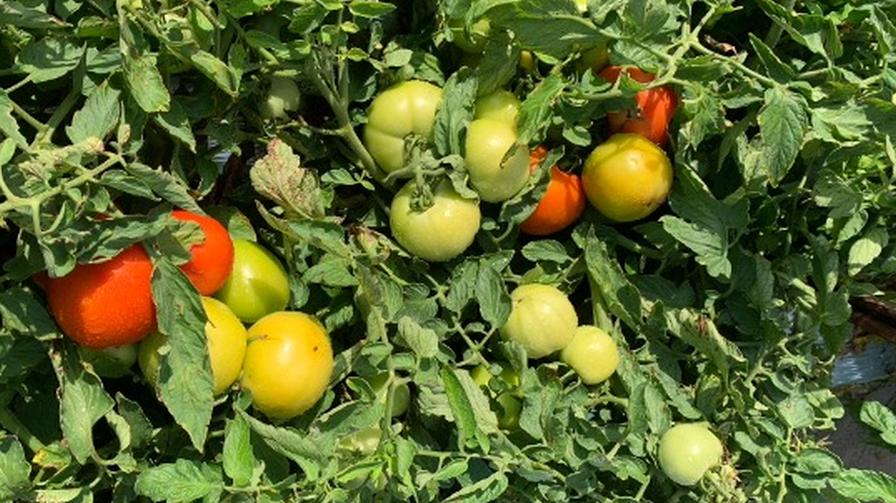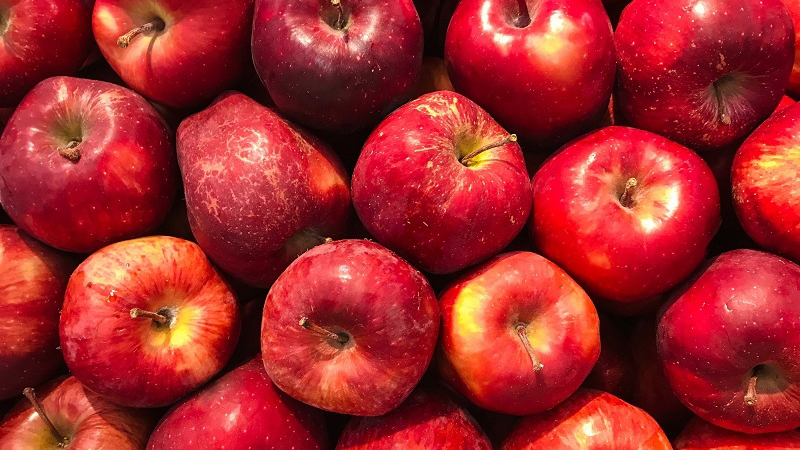More Produce Growers Expected To Adopt Use of Biological Products in 2023
“Incredibly positive” is how AgBiome Chief Commercial Officer Adam Burnhams describes the 2023 forecast for the biologicals industry.
His company predicts the new year will bring forth an increase in solutions that help producers preserve critical agroecosystems. With regard to crop protection, additional biological-based modes of action will help growers tackle key impediments to crop yield and quality while prioritizing environmental and worker safety, he says.
“For AgBiome, 2023 will see the development and commercialization of even more biologically focused innovations with new modes of action for specialty crop growers,” Burnhams says. “We look forward to supporting growers in finding new methods to maximize their crops while preserving access to existing modes of action.”
Growers should expect to see changes across the value chain, from farms to grocery store shelves, according to Rodrigo Bermudez, Director of Sales, West, Locus Agricultural Solutions. Value-added crops will continue to consolidate as the sourcing and contract growing acreage will reduce overall plantings due to the extreme drought conditions experienced across the country.
“Growers in every category will continue feeling the mounting stress of global supply chain issues and the associated elevated costs of inputs,” Bermudez says. “It will be more important than ever to invest in long-term soil fertility and nutrient optimization tools — ones that are readily available and easily incorporated into current management plans.”
COST, REGULATORY LIMITATIONS
Rising input costs will increase demand for biologicals in the U.S. and across key growing areas of the world, according to Bee Vectoring Technologies President and CEO Ashish Malik.
“Producers are increasingly seeking more sustainable and more cost-effective ways — in the face of drastically increasing farm input costs — to treat their crops for disease and increasing yield,” Malik says. “This includes investing in precision agriculture systems such as bee vectoring, where targeted application to the blooms enables a grower to reduce the use of the massive amount of traditional chemical treatments done through spraying crops.”
As export markets continue to hand down more stringent limits on pesticide residues and approved chemistries, growers will continue to seek out biocontrol products to control pests, says Andrea Holeman, Marketing Manager, Suterra.
“Sprayable pheromones have proven to effectively control pest populations and the damage they create, while satisfying the multitude of regulations growers face,” Holeman says. “For Suterra, the 2023 season will see continued partnership with growers using sprayable pheromones to innovate application methods, including drones and aerial applications.”
According to Mike Riffle, Valent USA’s Director of Field Research and Development, biological products fit numerous integrated pest management programs, serve as rotational tools to provide different classes of chemistry, and are often easy on beneficial insects.
“Although biological products do work similarly to conventional products in many ways, it is important to understand how and why the product works to set realistic goals,” Riffle says. “Growers should scout their fields to understand precisely which pests or diseases they are facing, select an appropriate method of control, and then study that product extensively to create a plan tailored to their needs. For questions about biological products, contact University Extension specialists, crop advisors, and retailers.”










